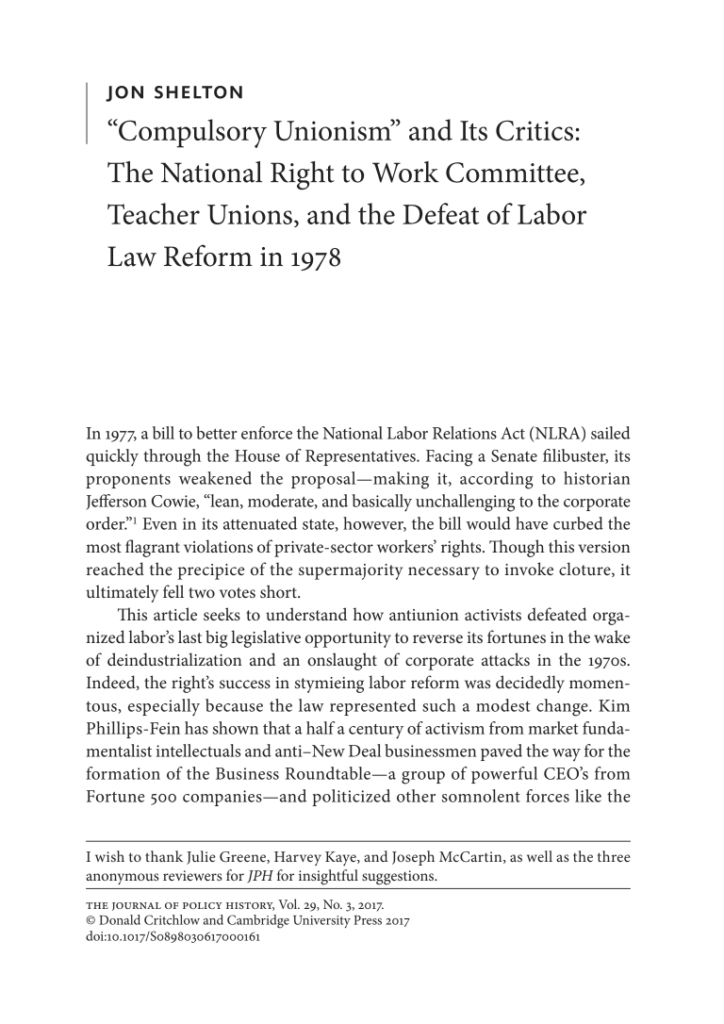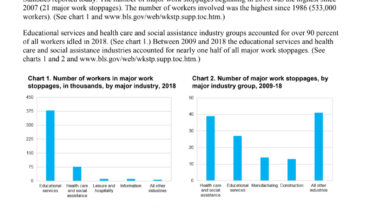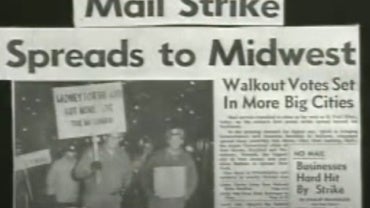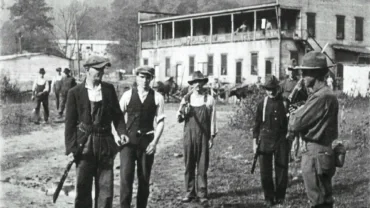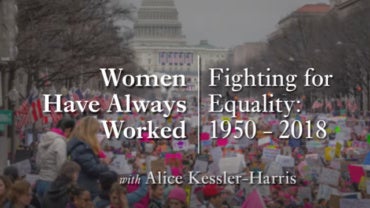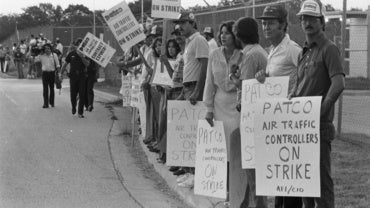ABSTRACT
In 1977, a bill to better enforce the National Labor Relations Act (NLRA) sailed quickly through the House of Representatives. Facing a Senate filibuster, its proponents weakened the proposal—making it, according to historian Jefferson Cowie, “lean, moderate, and basically unchallenging to the corporate order.” Even in its attenuated state, however, the bill would have curbed the most flagrant violations of private-sector workers’ rights. Though this version reached the precipice of the supermajority necessary to invoke cloture, it ultimately fell two votes short.
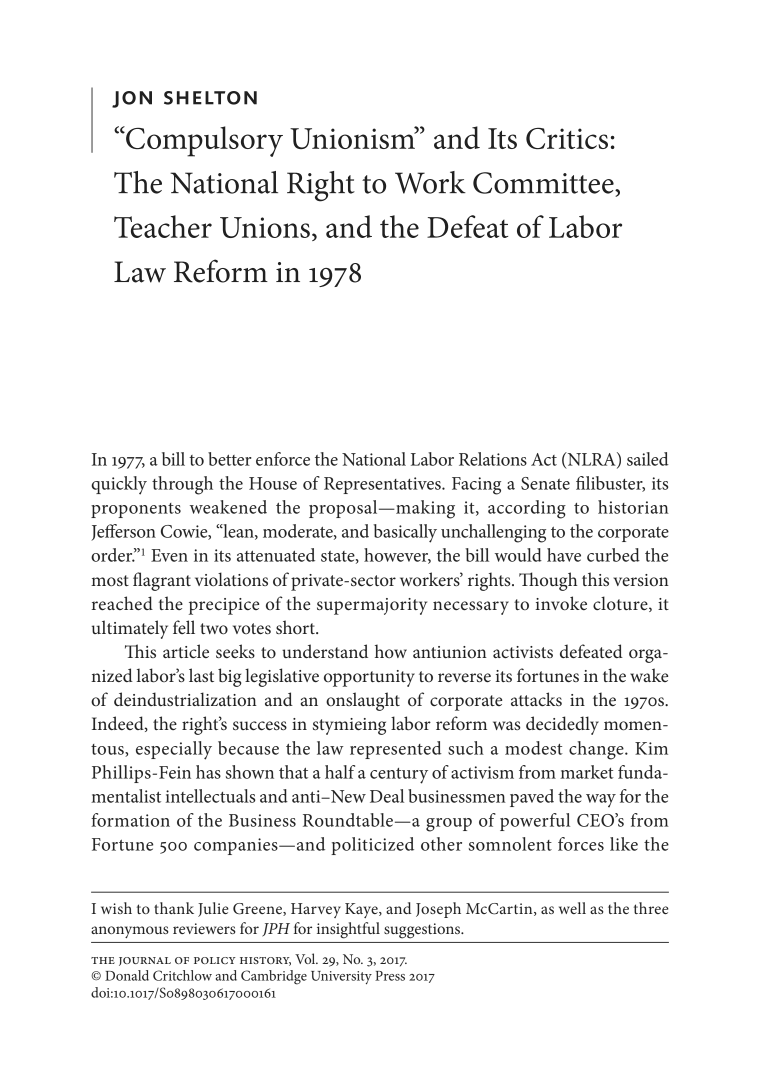
“Compulsory Unionism” and Its Critics: The National Right to Work Committee, Teacher Unions, and the Defeat of Labor Law Reform in 1978
History Media
In 1977, a bill to better enforce the National Labor Relations Act (NLRA) sailed quickly through the House of Representatives. Facing a Senate filibuster, its proponents weakened the proposal—making it, according to historian Jefferson Cowie, “lean, moderate, and basically unchallenging to the corporate order.”
Date2017AuthorsJon ShetonMain CollectionHistory MediaProjectWhen Teachers MobilizeSub ProjectWhen Teachers Mobilize Media CollectionsReferenceResearch CollectionsShare


